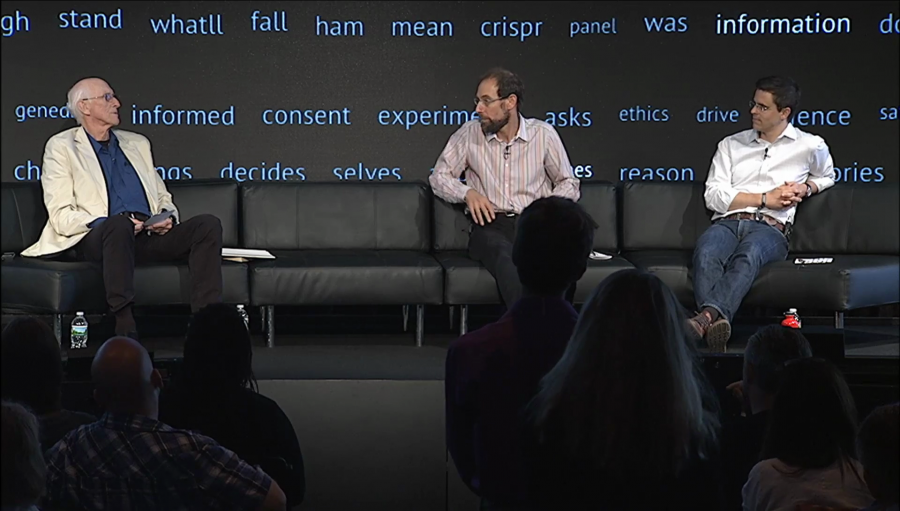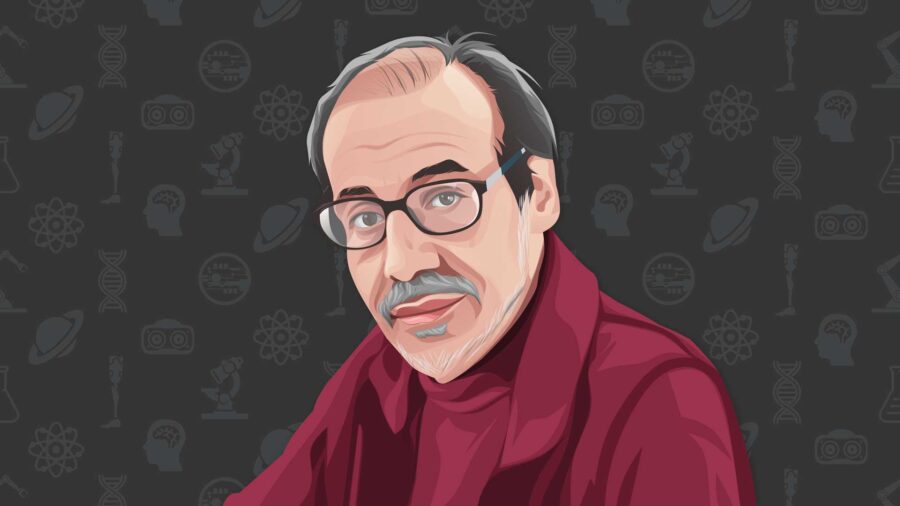Humanity 2.0 starts to challenge a lot of the assumptions of Humanity 1.0, especially in terms of issues having to do with limitations. So in other words, you might say there are two ways to go on Humanity 2.0. And in my writing, I associate these with the transhuman and the posthuman, respectively.
Archive
I actually think you can trace many many of these big systemic crises to being symptoms of the flawed idea that economic growth can go on indefinitely, exponentially, on a finite planet. That’s sort of my North Star. And then as a finance person, why do we think we need economic growth? Well, because the way our capital system works is that capital demands that growth.

Solar geoengineering rests on a simple idea that it is technically possible to make the Earth a little more reflective so that it absorbs a little less sunlight, which would partly counteract some of the risks that come from accumulating carbon dioxide in the atmosphere. When I say technically possible, it appears that at least doing this in a crude way is actually easy, in the sense that it could be done with commercial off-the-shelf technologies now, and it could be done at a cost that is really trivial, sort of a part in a thousand or a part in ten thousand of global GDP.
When the public cannot prove that the oil company is going to cause damage, then we’re not allowed to say, “Nevertheless, the risk is not acceptable.” So we have turned it over, the decision, to the expert. We have taken it out of the hands of the community. And then when we say we want community input, we hold a public hearing, and the experts sit up at a table. And then the grandmother who does not have a graduate degree, she’s not allowed to say, “Here’s what I’ve seen. Here is what’s happened in my community. And that’s not acceptable.” Her view is not taken because she’s not an expert. And so we’ve taken away the right for self determination and for community determination.
We know very little about complex financial systems and how systemic risk, as it’s called, is computed and how you would manage policies. And if you look back at the financial crisis, you can either say, as many economists do, “It all had to do with badly-designed rules,” which may be part of the story; it’s certainly part of the story. Or it may have to do with the interaction of those rules and human nature, like mortgage broker greed, optimism… And you see it not just in individuals who now have houses and foreclosure, but at the highest levels.
My main goal is not to die in the first place. I hope to keep living, hopefully long enough that science will have solved the aging problem and I won’t have to die. But since I don’t know how long that’s going to take, cryonics is the real backup policy for me.

